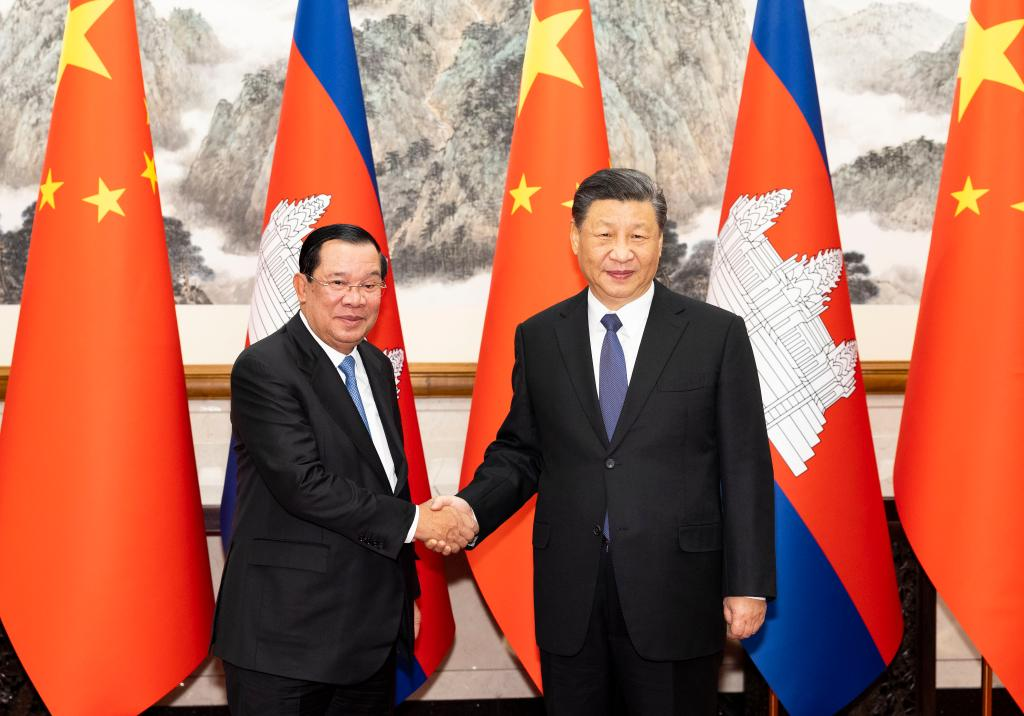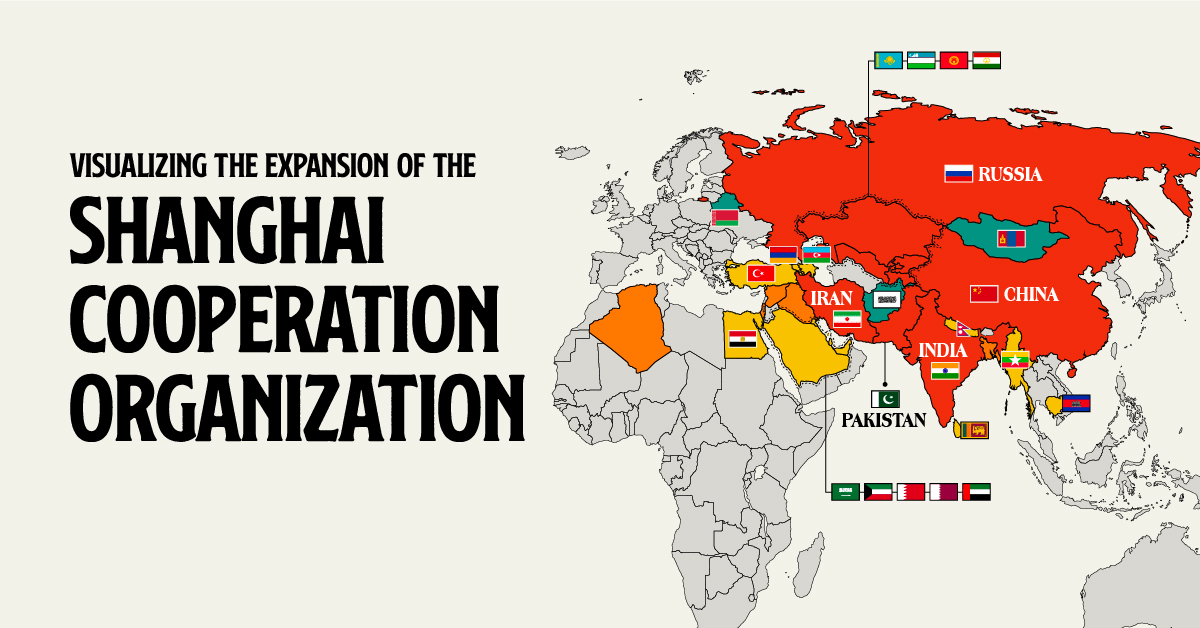Folks, pay attention! Xi Jinping’s recent meeting with Cambodian Prime Minister Hun Manet wasn’t just another diplomatic handshake. It was a clear signal: China and Cambodia are doubling down on their ‘ironclad’ friendship, now officially upgrading it to a ‘community of shared destiny for the new era.’

This isn’t about abstract geopolitics; it’s about concrete action. Both leaders agreed to a strategic alignment that goes beyond mere economic ties. Think infrastructure, security, and – crucially – people-to-people connections.
And get this: 2025 has been designated the ‘China-Cambodia Tourism Year’! This is a massive win for Cambodia’s tourism sector, expecting a surge in Chinese visitors which will inject serious capital into the Cambodian economy. This is potentially game-changing.
Let’s dive a little deeper into why a ‘community of shared destiny’ is more than just a catchy phrase. It signifies a deep and multi-faceted partnership, built on mutual respect and benefit.
Knowledge Point: Understanding ‘Communities of Shared Destiny’
This concept, central to China’s foreign policy strategy, moves beyond traditional alliances. It emphasizes shared goals and mutually beneficial cooperation, often involving significant economic investment.
It’s not a formal treaty, but a political commitment. The idea is to create a long-term, stable relationship that can weather global storms. Think of it as building a fortress together.
For Cambodia, this translates into consistent investment, political support, and access to the massive Chinese market. For China, it’s about solidifying influence in a key Southeast Asian nation.
Furthermore, tourism plays a crucial role here. Increased tourism boosts local businesses, creates jobs, and fosters cultural understanding, broadening connections and strengthening the relationship from the ground up.
The ‘Tourism Year’ announcement suggests pre-planned infrastructure investment is likely to surge – anticipating the upcoming influx! This is strategic, proactive, and exactly the kind of calculated move we expect from both governments.





